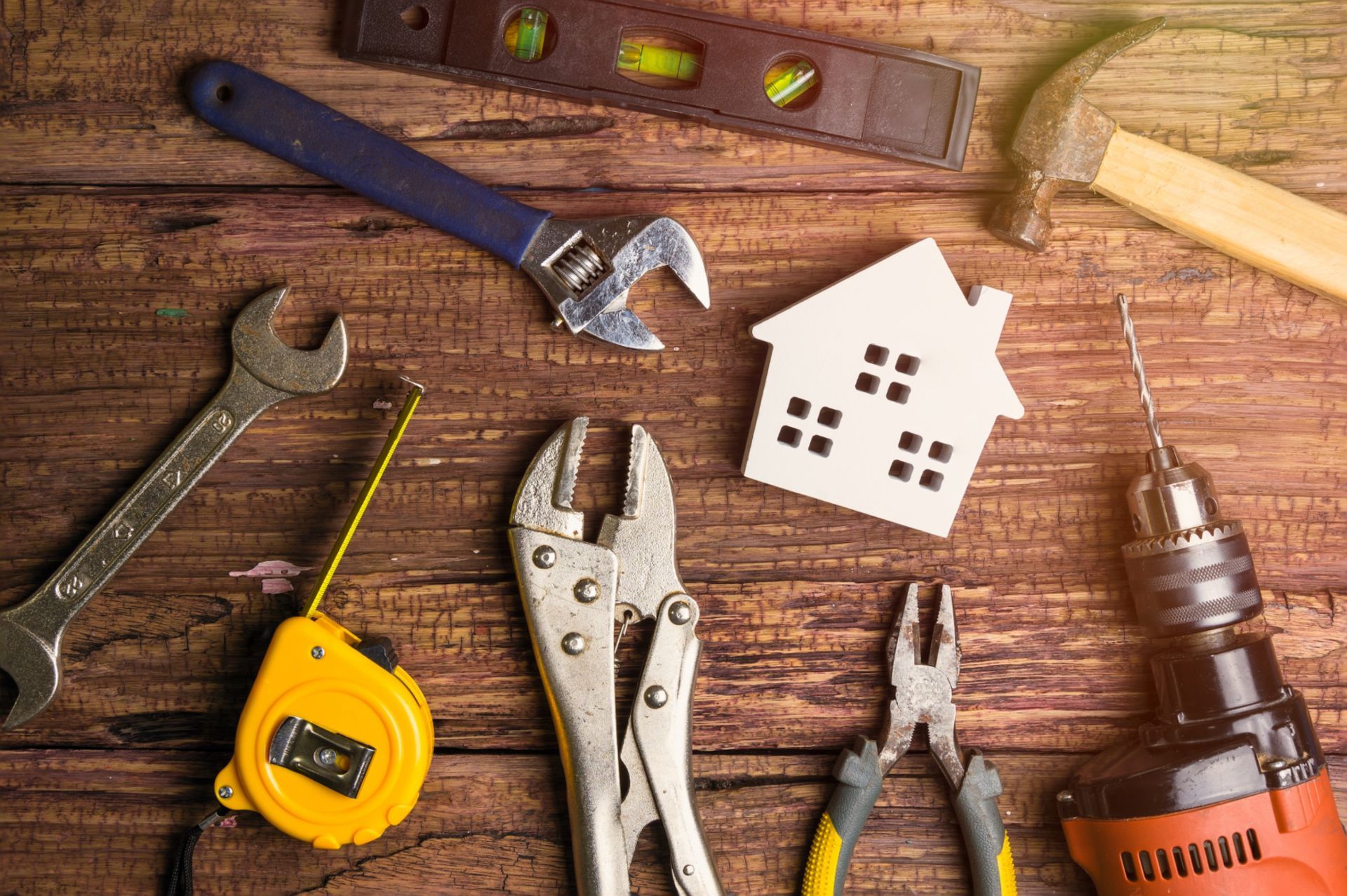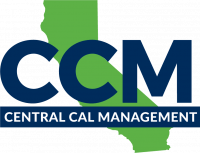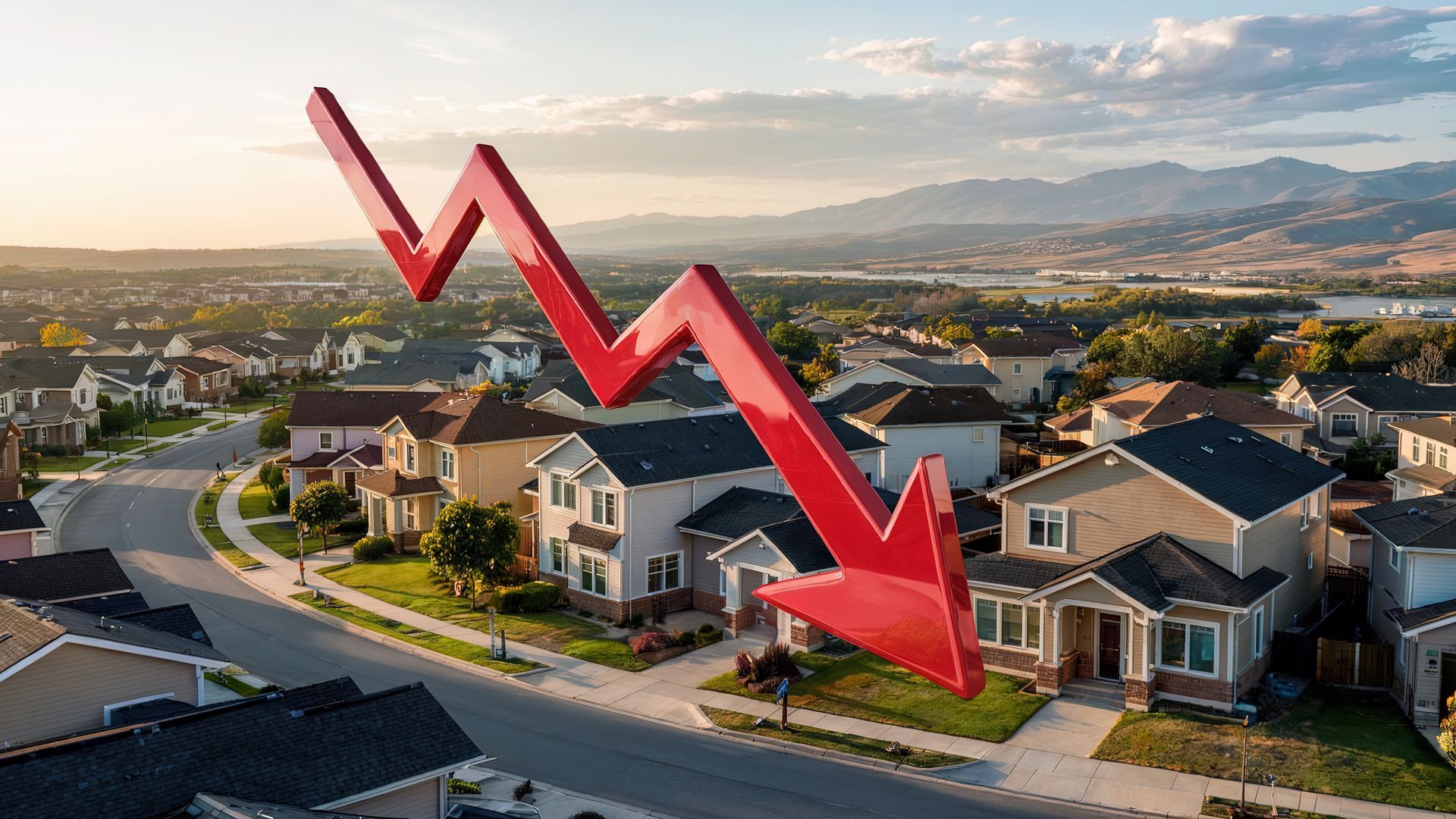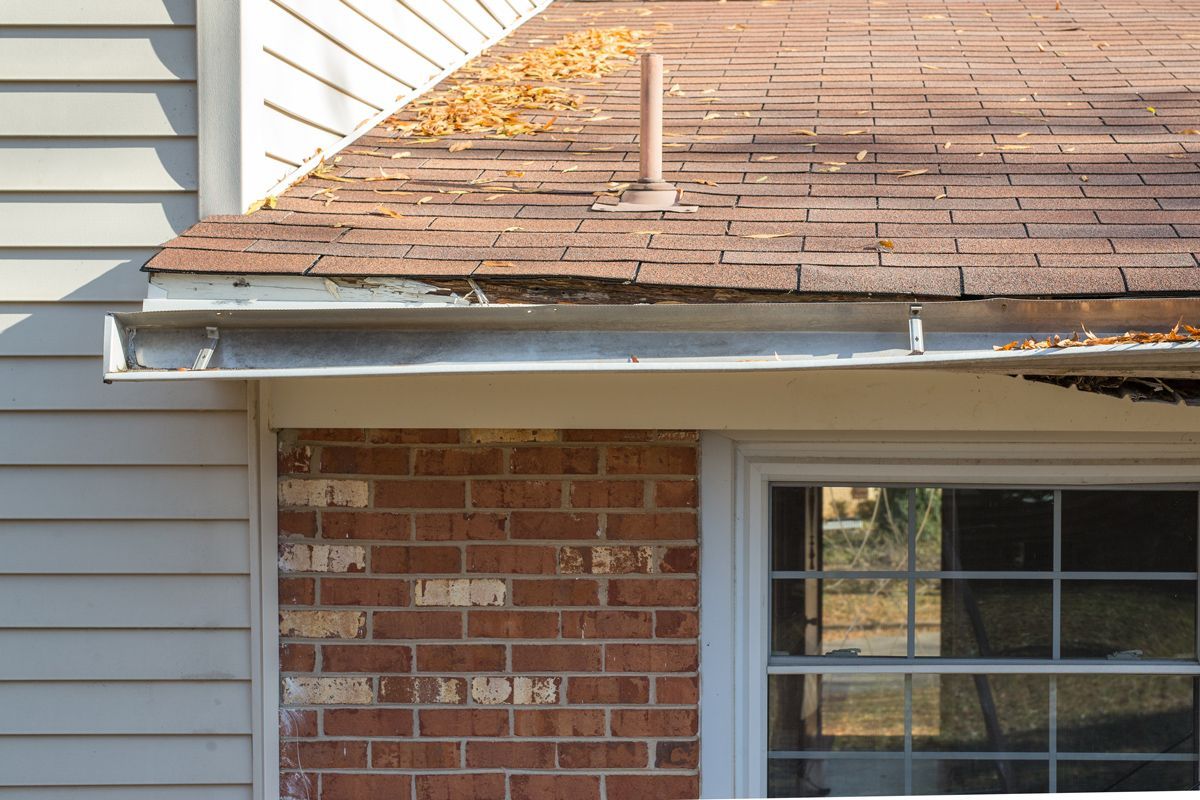
The Benefits of Regular Property Maintenance for Rental Properties
Regular property maintenance is crucial for residential and commercial rental property owners due to various benefits that it provides. One of the primary advantages is ensuring the longevity of the building. Neglecting regular upkeep can lead to significant damage over time which could have been prevented with proper maintenance. Additionally, by keeping up with routine property maintenance, you can preserve your property's aesthetic appeal and avoid any potential safety hazards. Another significant benefit of regular property maintenance is improving a tenant's living experience. Maintaining rental properties regularly ensures their habitability for tenants and communicates to them that their well-being matters to you as a landlord. This helps build trust between landlords and tenants, resulting in long-term leases and positive word-of-mouth referrals from happy renters.
Overall, investing time and effort in maintaining your rental properties pays off not only financially but also regarding tenant satisfaction. Regular inspections, prompt repairs when needed, replacing rusty pipes or toilets regularly are all essential measures that help ensure they continue to be attractive places for people looking for somewhere excellent to live at an affordable price!
The Top Maintenance Tasks Every Landlord Should Prioritize
As a landlord, there are several crucial maintenance tasks that you should prioritize to keep your rental properties in excellent condition. First and foremost, regular
HVAC system maintenance is essential to ensure tenant comfort and prevent expensive repairs or replacements. It's crucial to maintain the roof of the building by checking for debris buildup and patching any leaks promptly. Beyond those key areas, it's also important to regularly check the plumbing systems for leaks or damage, clean gutters and drains regularly to avoid water damage, and perform routine inspections of electrical systems. Taking these proactive measures not only benefits your tenants but also protects your investment by preventing more significant issues from arising down the line.
Property maintenance can be a time-consuming process but is worth prioritizing for its long-term benefits. By investing in regular upkeep efforts such as HVAC maintenance, roofing inspections, plumbing checks and other preventative inspections decreasing greenhouse gas emissions, landlords can increase their revenue potential while ensuring their property remains desirable and safe for both current and future renters.
The Financial Impact of Regular Property Maintenance for Landlords
As a landlord, regular property maintenance can have a significant impact on your finances. For example, if you neglect to fix a leaky roof, it may cause water damage in the building that could result in huge bills or even require replacing parts of the structure. This will undoubtedly eat into your bottom line over time. On the other hand, taking care of required repairs as they come up not only helps prevent larger issues from arising but also keeps tenants happy and more likely to stay long-term. When considering expenses for maintaining rental properties regularly versus costs associated with sporadic updates - such as having out-of-date appliances replaced because they've broken down- it's clear that investing in consistent upkeep is ultimately less expensive than delaying necessary repairs until issues become severe. Many landlords find that investing money upfront significantly reduces future spending needs while ensuring tenants are happy and comfortable living spaces.
By actively prioritizing ongoing maintenance across multiple rental properties rather than haphazardly reacting when problems occur means that landlords are providing support both financially for themselves personally as well as increasing tenant satisfaction leading thus increase retention rates. Well-maintained buildings communicate better value at justifies higher rents which makes renting easier for everyone involved over time.
Common Maintenance Issues in Rental Properties
Keeping rental properties well-maintained is a critical aspect of being a successful property owner. One common maintenance issue that arises are problems with plumbing, such as clogged drains or malfunctioning toilets. These problems not only cause inconvenience to tenants but can also lead to costly water damage and even health concerns if left unchecked. Another common issue are electrical malfunctions which could pose safety hazards to both the tenants and the property. Regularly scheduled property inspections can help identify potential maintenance issues before they become major problems, reducing repair costs and minimizing tenant complaints. This includes inspecting heating systems, roofing structures, doors and windows for any signs of wear-and-tear or security breaches. Keeping up with routine maintenance like painting walls or replacing damaged carpets not only helps boost aesthetic appearances but also makes your units more attractive to potential renters.
Taking care of regular rental property maintenance shows that landlords are committed to providing high-quality living conditions for their tenants while protecting their investment in the long term. Hiring
professional maintenance technicians when necessary is also important as it ensures work meets industry standards while maintaining good relationships between owners and occupants over time.
The Importance of Communication with Tenants about Maintenance Updates
Effective communication is key to ensuring that tenants are aware of any maintenance updates in their rental properties. When you keep your tenants informed, they feel valued and respected, which helps build a positive landlord-tenant relationship. Open and honest communication about maintenance issues also ensures that tenants promptly report any damages or repairs needed, which can help prevent further damage. Furthermore, clear communication regarding regular property maintenance provides a sense of transparency for both parties involved. It sets expectations on what needs to be done and when it needs to be completed. This prevents misunderstandings between landlords and tenants regarding responsibilities for the upkeep of the property. In addition, timely notification also allows tenants to plan accordingly if there are disruptions or interruptions with their living experience.
Effective communication between landlords and tenants about regular property maintenance helps foster good relationships resulting in happy renters that stay longer providing stability for the landlord's investment with fewer costly surprises down the road due to overlooked necessary repairs/issues sorted early before becoming larger more expensive problems later on like court injunctions or lack of legal documents giving proper consent etc. Communication is vital for preventing misunderstandings while setting realistic expectations based upon mutual cooperation.
How Regular Maintenance Can Improve Tenant Retention
Regular property maintenance is a powerful tool for improving tenant retention. When tenants see that their landlord cares enough about the property to maintain it properly, they are more likely to renew their leases and recommend the dwelling to friends and family. This is because effective maintenance ensures that the rental property remains habitable, safe, and visually appealing - all factors that would impact a tenant's decision on whether or not to stay. Furthermore, regular maintenance prevents small issues from becoming expensive problems down the line. For instance, delaying repairs on minor plumbing leaks could eventually lead to major water damage in your building over time. This can cost tens of thousands of dollars in repair costs as well as lost income if you cannot rent affected units out promptly during necessary renovations. Properly maintaining your rental properties improves your financial position by avoiding these types of significant expenses.
All things considered, proactive upkeep is an essential part of efficient rental management since consistent vigilance has positive impacts on both short- and long-term outcomes alike: preserving profitability through decreasing expensive physical degradation as well as enhancing meeting customer satisfaction rates leading ultimately enhancing long-term tenancy periods resulting in increased revenue for landlords; therefore providing greater motivation for piece-by-piece related investments with respect towards additional preventative measures once this objective has been achieved too!
Staying on Top of Maintenance During Tenant Turnover
Staying on top of maintenance during tenant turnover is crucial for preserving the condition and value of rental properties. When a tenant vacates, landlords should perform a thorough inspection to identify any wear and tear or damage that may have occurred during the tenancy. Making necessary repairs promptly ensures that the property is in optimal shape for new tenants, reducing vacancy periods and increasing cash flow.In addition, regular maintenance tasks such as cleaning gutters, replacing air filters and checking HVAC units can help prevent bigger problems from arising later on. Neglecting these types of routine upkeep can lead to costly repairs down the line or even more serious issues like mold growth or structural damage. By making property maintenance a priority year-round, landlords can avoid unexpected expenses and ensure that their buildings remain safe and comfortable for tenants to live in.
Overall, staying proactive about maintaining rental properties benefits both tenants and landlords alike. A well-maintained property attracts high-quality renters who are more likely to stay long-term while also safeguarding against expensive repairs or health hazards caused by neglectful maintenance practices. As such, it's important for property owners to prioritize regular care-taking measures throughout each lease term in order to protect their investment over time.
Finding the Right Maintenance Professionals for Your Rental Properties
Finding the right maintenance professionals for your rental properties can be a daunting task. It's important to do your research, ask for referrals and consider the level of expertise and experience that each potential candidate offers. You want to ensure that you hire someone who is reliable, efficient, and has a track record of quality work. One way to find reputable maintenance professionals is by reaching out to other property owners in your area for recommendations. Additionally, searching online reviews or directories can provide valuable insight into the experiences others have had with different service providers. It may also be helpful to schedule interviews with potential candidates or request references from previous clients before making any hiring decisions.
Finding the right property management company or property manager is essential for maintaining an attractive and habitable living space for tenants while also ensuring longevity and cost savings for property owners. Taking the time to carefully vet candidates before hiring will pay off in the long run by providing peace of mind knowing you've selected trustworthy professionals who are capable of handling all necessary repairs efficiently and effectively.
The Risks of Neglecting Property Maintenance for Rental Properties
Neglecting property maintenance for rental properties can lead to significant risks and consequences. Firstly, it can affect the health and safety of tenants, exposing them to potential hazards such as electrical faults, mold growth or structural damage. This not only puts their well-being at risk but also poses a liability concern for landlords. Secondly, poor property maintenance can result in property damage and decreased value over time. Small issues left unchecked can eventually turn into major problems that require costly repairs or even replacement of certain features such as roofs or appliances.
Neglecting regular maintenance may lead to higher turnover rates among tenants who do not wish to live in an ill-maintained property for long periods of time. High turnover rates mean more frequent vacancy periods which ultimately translates into lost income for landlords.
Tips for Developing a Maintenance Schedule
One of the most critical components of regular property maintenance for rental properties is developing a maintenance schedule. A well-crafted maintenance plan ensures that necessary tasks are carried out promptly and efficiently, reducing the likelihood of serious problems arising. Consider creating a
detailed checklist outlining regular tasks such as cleaning gutters, servicing HVAC systems or replacing air filters, inspecting and testing smoke detectors and carbon monoxide alarms, repairing broken items like windows or doors on an as-needed basis. It's essential to prioritize preventative measures that can identify potential issues before they escalate into costly repairs. For instance, regularly inspecting plumbing fixtures will help you discover leaks before water damage occurs. Similarly, conducting annual roof inspections can prevent severe structural damage caused by leaking roofs. Developing a comprehensive preventive maintenance program also enhances your property's overall appearance while ensuring tenant satisfaction.










